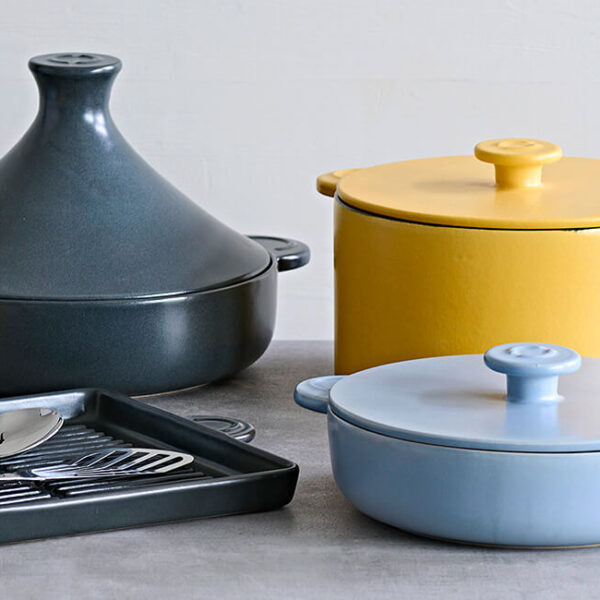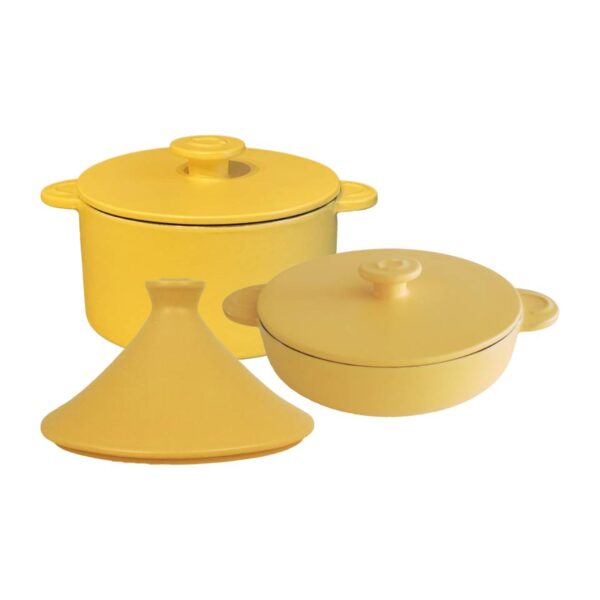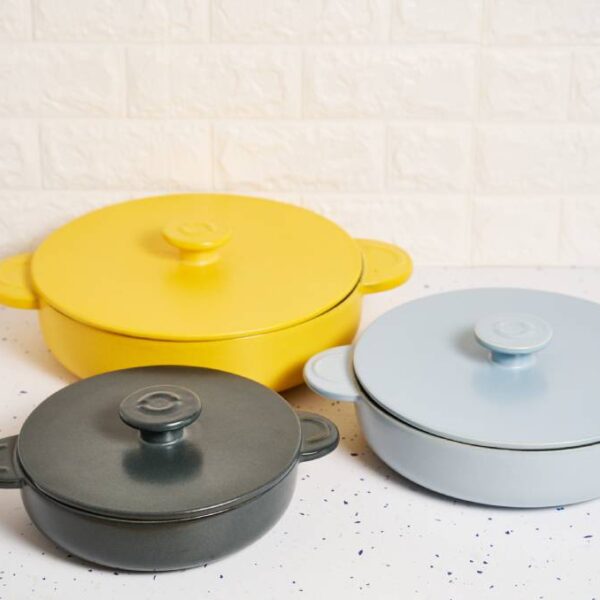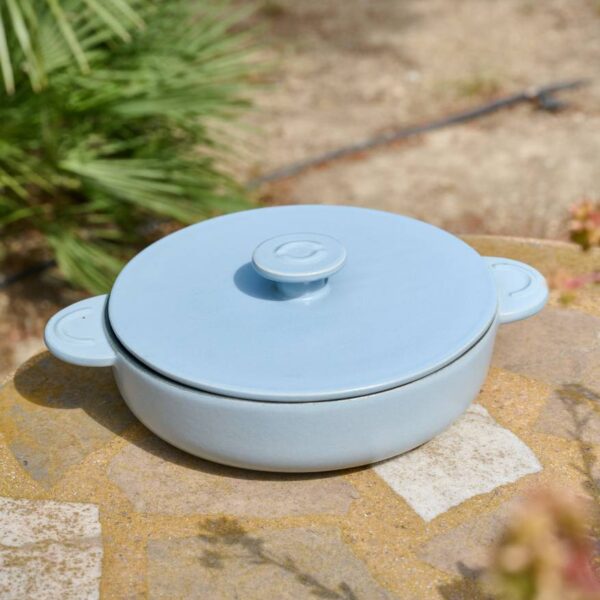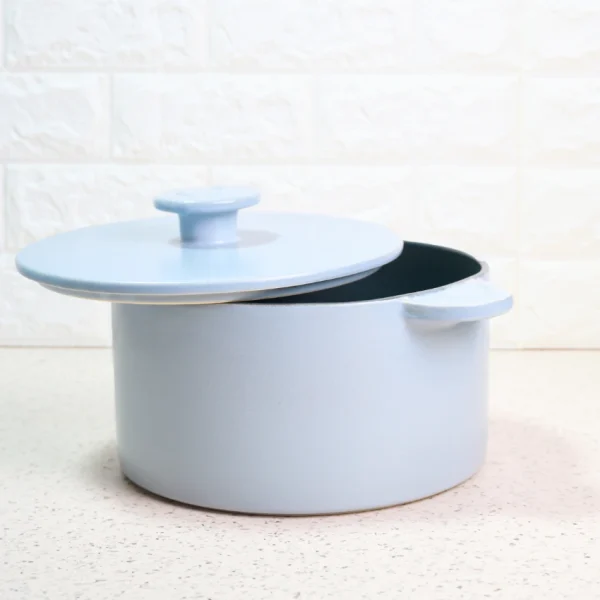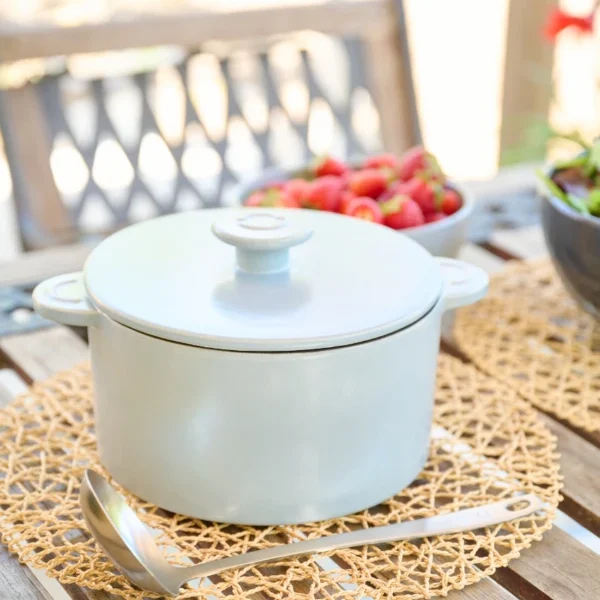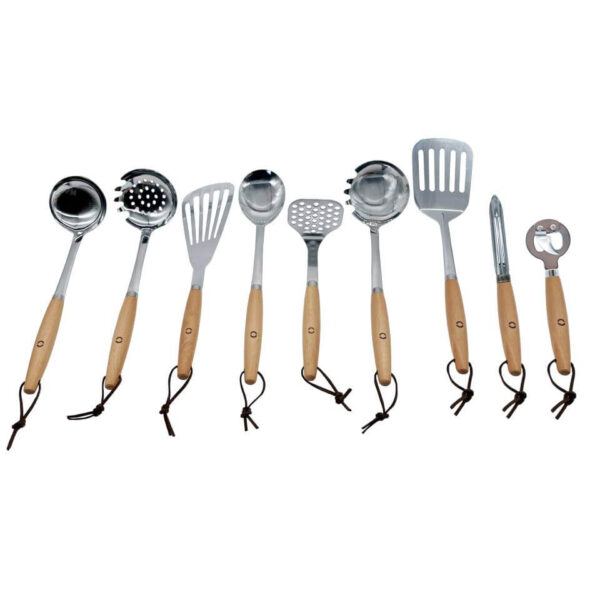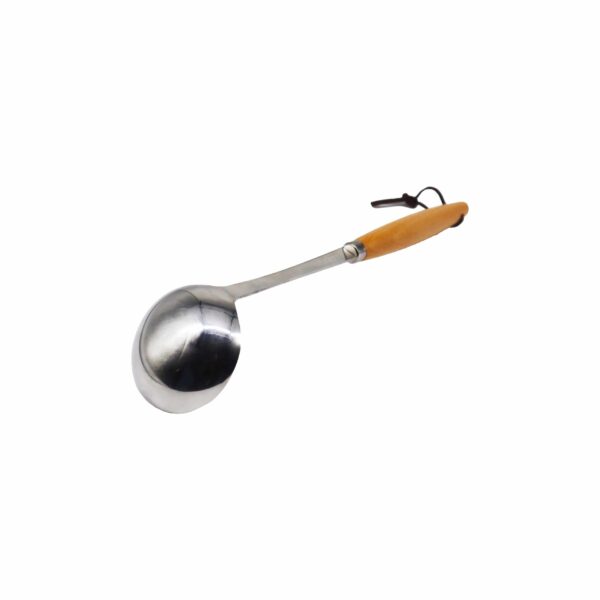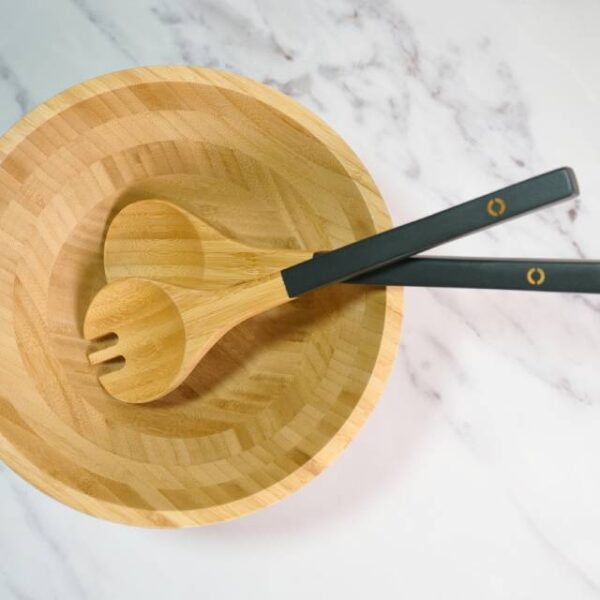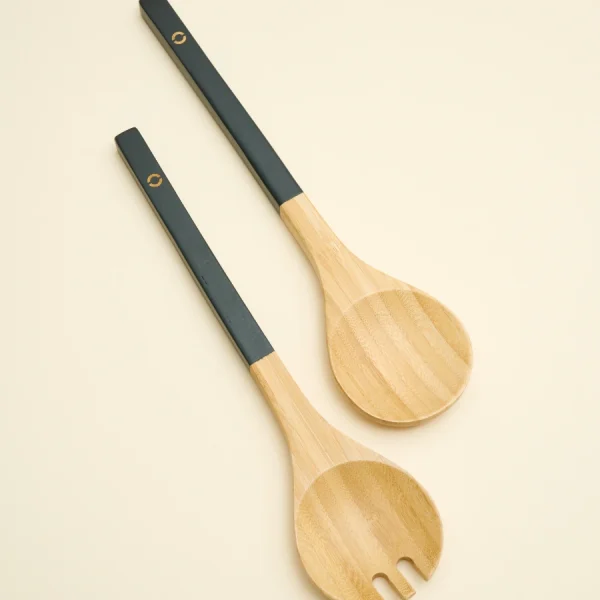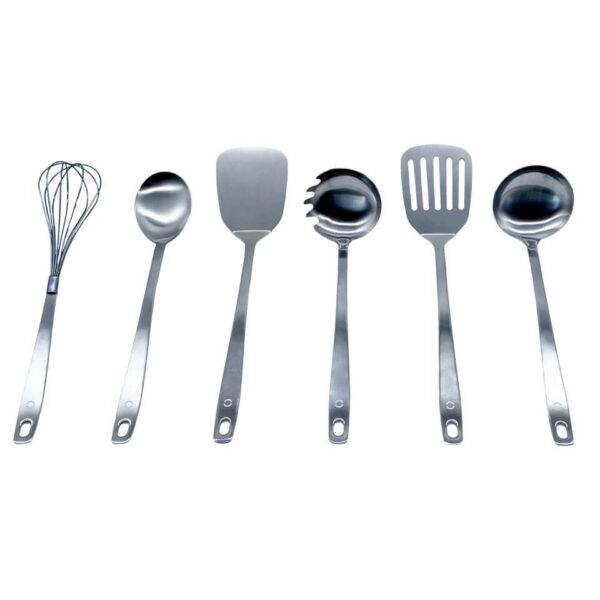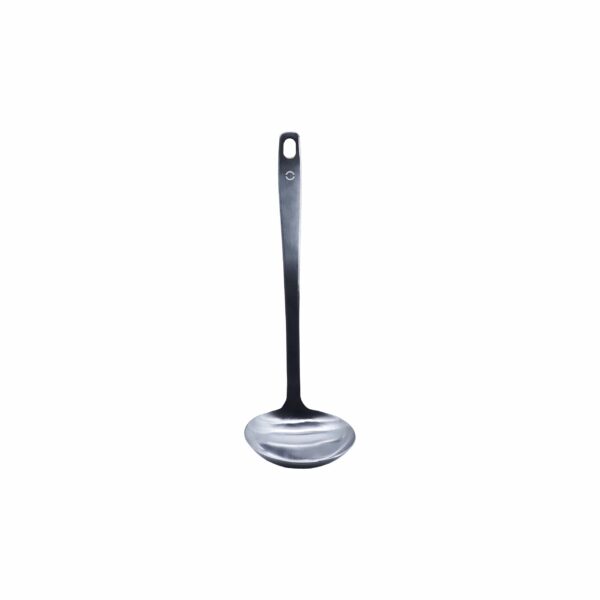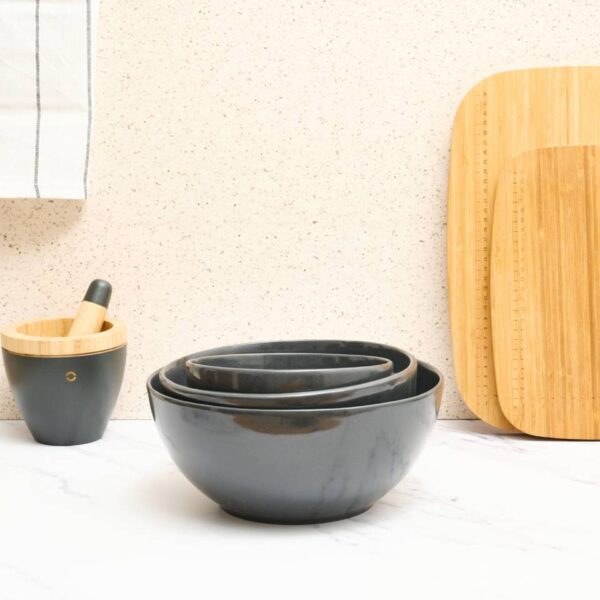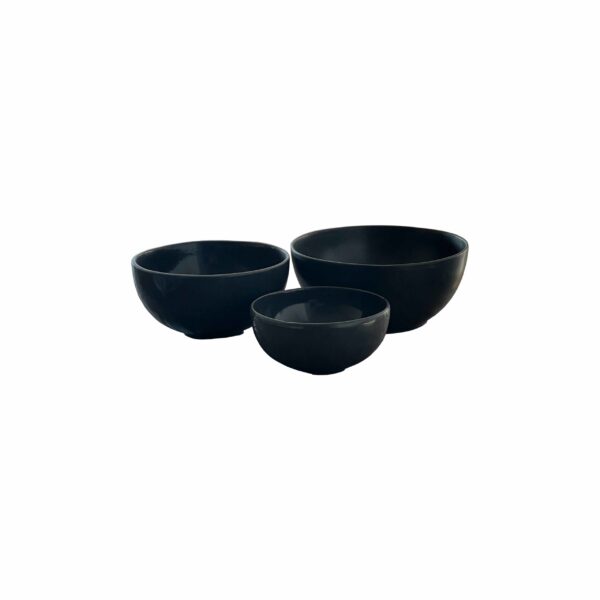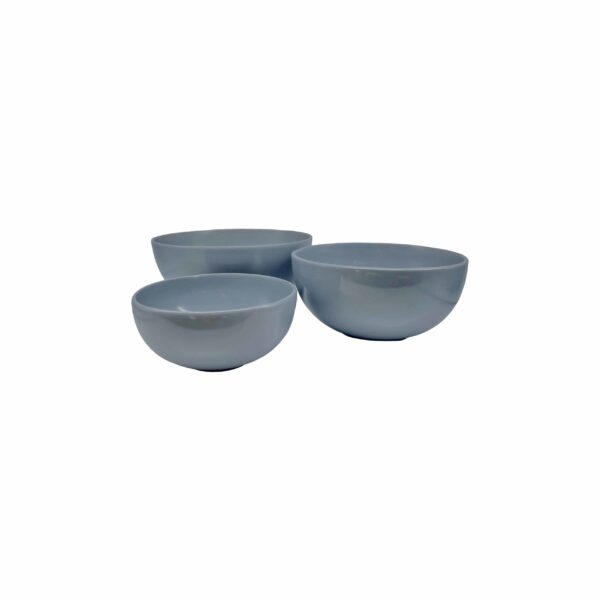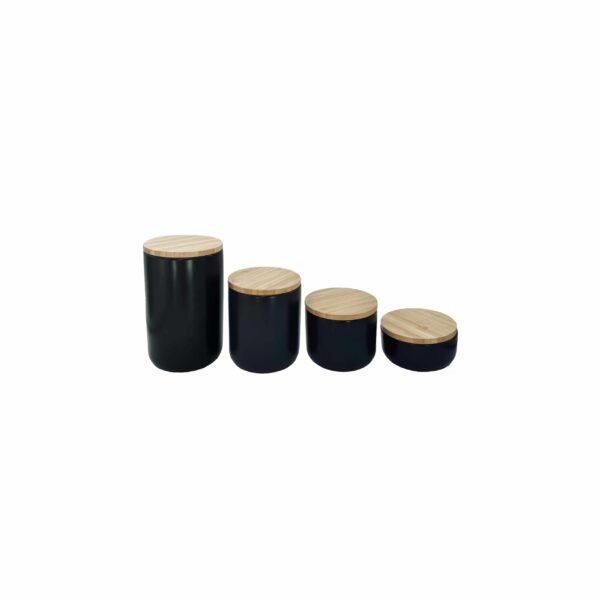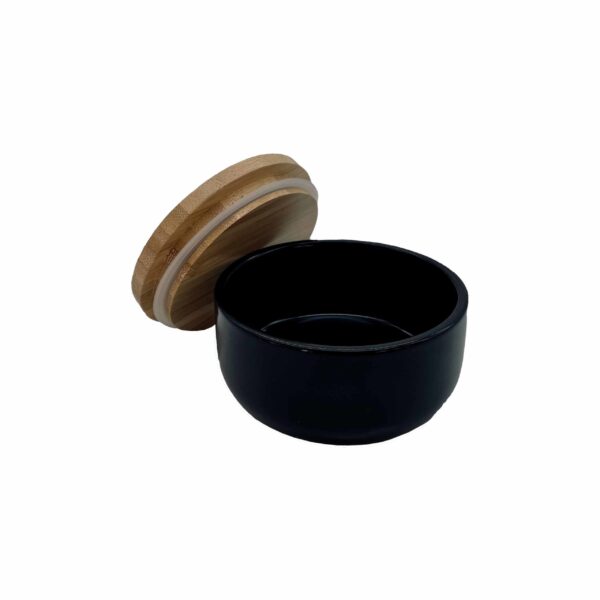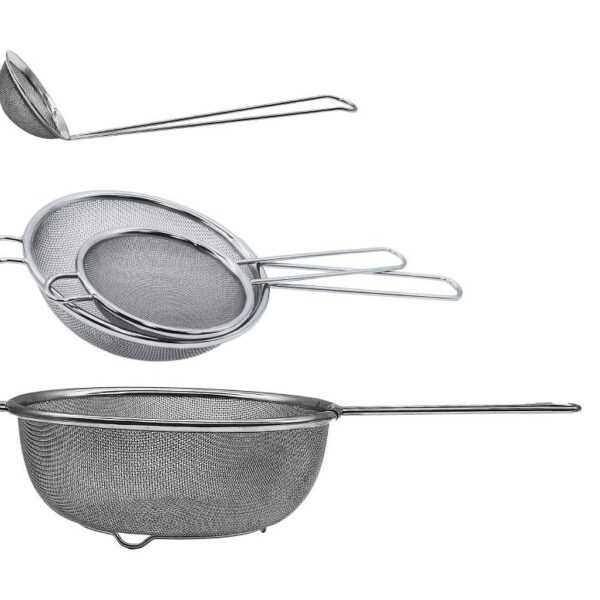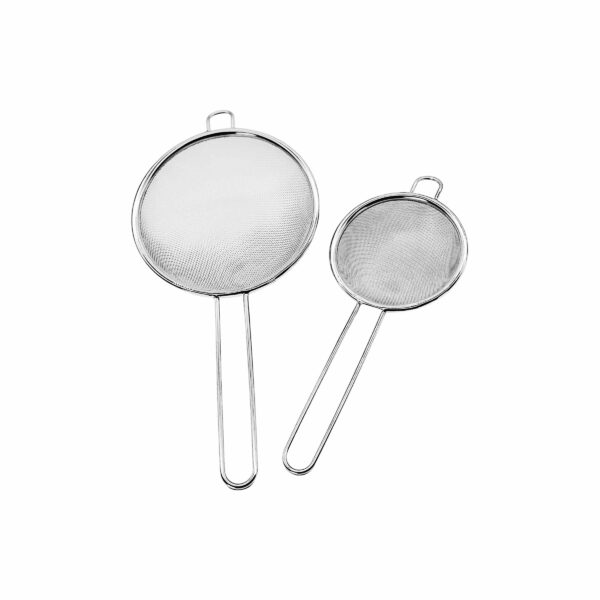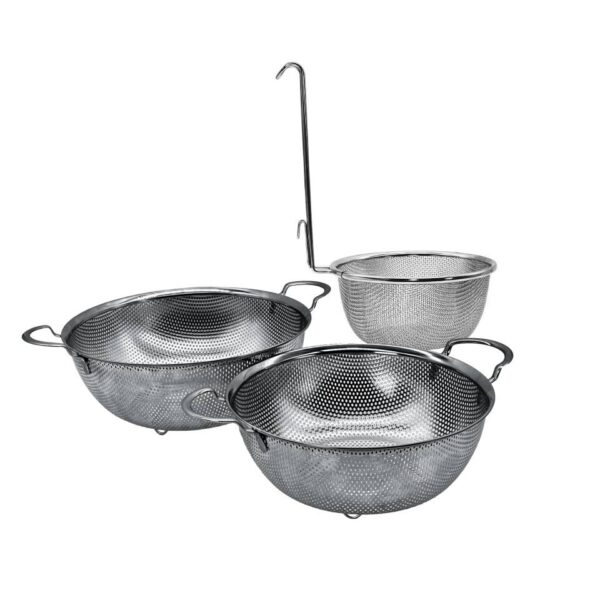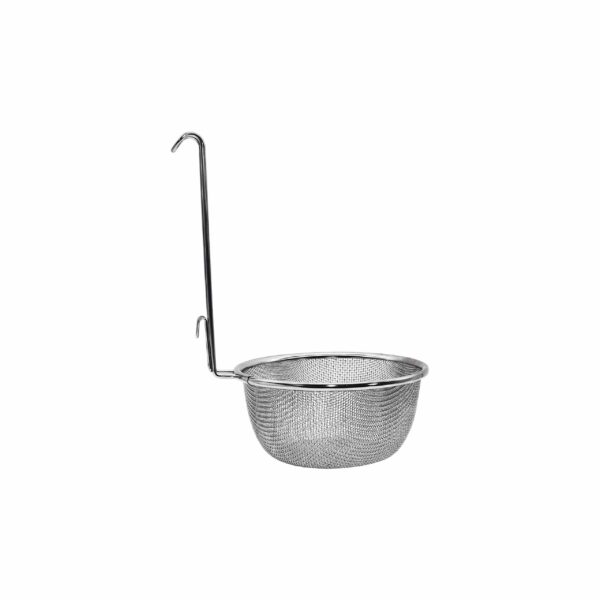
Blog
Is it a good tradition to give sweet coal at Epiphany?
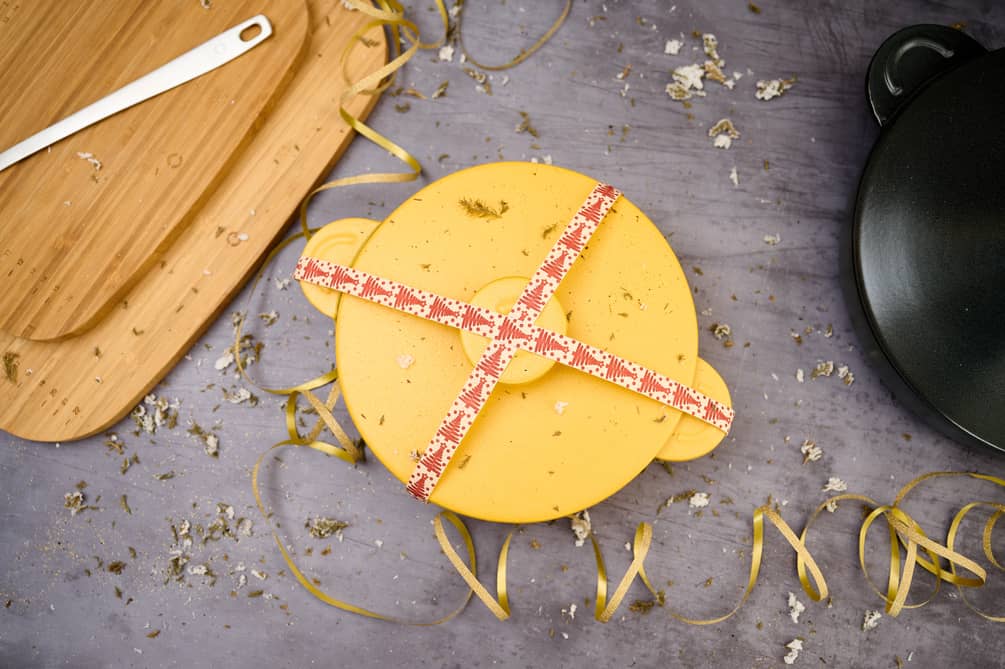
The arrival of the Three Wise Men in January brings with it a lot of traditions and customs, most of them related to food, the consumption of sweets, and rewarding well-behaved children throughout the year.
One of the most popular practices in Spain is the tradition of giving sweet coal to children, but is it really a good idea to give sweet coal to the little ones?
At Kuoko, we prioritize the health of every family mamber. In this article, we will provide a detailed explanation of the calorie content in sweet coal and suggest healthier alternatives.
What is sweet coal for Reyes?

Sweet coal is a treat that mimics the shape and appearance of traditional coal but offers a sweet and delicious flavor. Tipically, it is primarily composed of sugar and water, with up to 80% sugar content, and darkened using coloring agents.
This peculiar gift has become a tradition in Spain and is usually given to children on January 6th, the day of the Three Wise Men, to compensate and/or punish those who have misbehaved.
It is said that the Three Wise Men reward good children with gifts and mischievous children with coal. Sweet coal, however, is presented as a friendlier version of this punishment.
How many calories does sweet coal contain?
As mentioned earlier, sweet coal is predominantly composed of sugar and water in significant amounts. It is crucial to take into account its caloric content. In general, for every 100 grams of sweet coal, 93.5 grams consist of sugar.
Alternatives to sweet coal for children
Although giving sweet coal can be a fun tradition, some parents are not satisfied with the idea of giving their children a lump of sugar every year. Therefore, many families opt for healthier and educational alternatives.
Here are the most popular alternatives:
- One option is to replicate the reward and punishment system on which the delivery of coal is based, but by giving educational toys, books, or family experiences. This will help foster learning and personal growth.
- Another popular alternative is to implement a reward system based on good behavior throughout the year. Children who have been diligent and kind can receive special gifts as recognition of their effort and dedication.
The only downside to these alternatives is that they can disrupt the magic of Christmas and the belief that the Three Wise Men spend the year watching children’s behavior.
So, if you want to maintain the tradition and give your children healthy sweet coal, what you can do is cook it yourself with healthier alternatives, such as honey or some other kind of sweetener.
While giving sweet coal may not be beneficial for health, it remains a beautiful tradition that encourages children to reflect on their behavior, making it understandable why it has been maintained for so many years. If you don’t want to give up using sweet coal, consider limiting its consumption! Christmas is a special time for indulgence, but there is no better way to show love for our dear ones than by taking care of their health.



